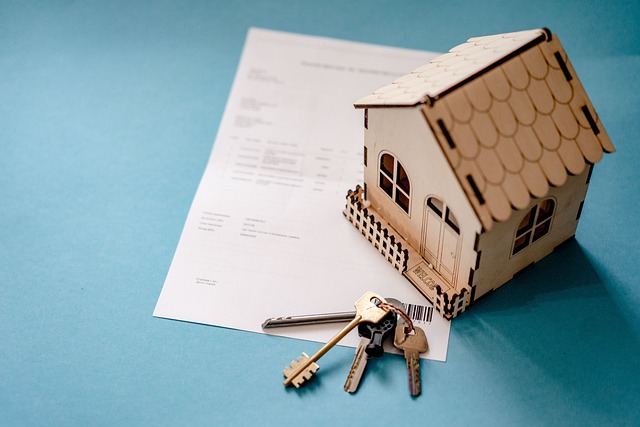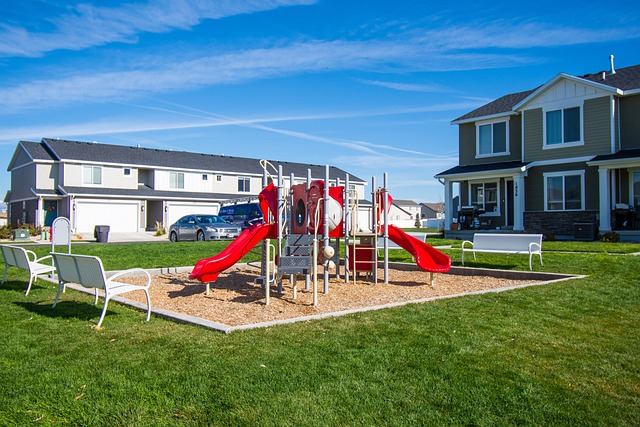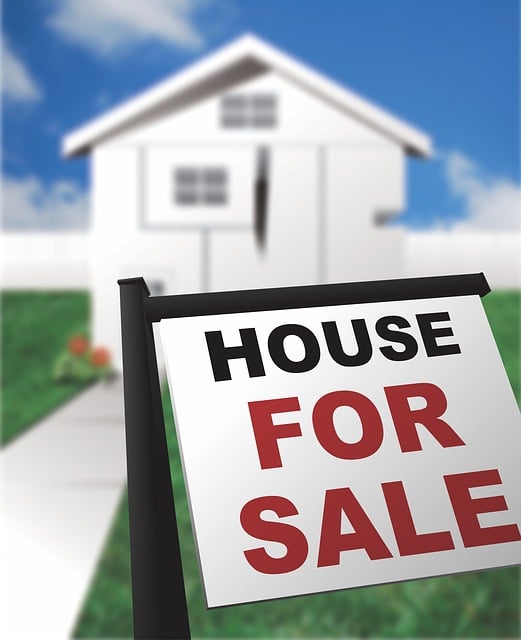In Singapore, choosing between an Executive Condo (EC) under the Build-To-Order (BTO) scheme and a freehold property requires careful consideration. ECs are leasehold properties offered on a 99-year lease to middle-income families, with the potential to be upgraded through the SERS scheme. Their value is tied to the remaining lease term, which can affect resale potential. Freehold properties, on the other hand, offer complete ownership in perpetuity without the concern of a lease expiration. They can appreciate over time due to their long-term tenure. Prospective buyers must weigh various factors, including location and long-term financial goals, when deciding between an EC Bto and a freehold property. The choice should align with individual investment strategies within Singapore's dynamic real estate market, where both ECs and freehold properties present unique opportunities for homeownership and investment. Consider the long-term implications of lease duration and maintenance costs, as these will impact the property's value over time, whether you opt for a leasehold EC or a freehold property. The decision should be tailored to personal needs, with an understanding of the BTO initiative's role in shaping Singapore's housing landscape.
In Singapore, the decision between an Executive Condominium (EC) on a leasehold basis and a freehold property is a pivotal one for homebuyers. This article delves into the intricacies of ECs under the Build-To-Order (BTO) program versus traditional freehold properties, offering insights into their respective long-term values and flexibilities. Understanding the nuances between leasehold and freehold ownership is crucial for discerning investors and residents alike. As we navigate through the advantages and potential limitations of EC BTO leaseholds and the practicality, as well as restrictions, associated with freehold properties in Singapore’s dynamic real estate landscape, readers will gain a comprehensive perspective on making an informed choice that aligns with their financial goals and lifestyle preferences.
- Understanding the Nuances of Executive Condo (EC) Leasehold vs Freehold in Singapore
- Comparing Long-Term Value and Flexibility: EC BTO (Build-To-Order) Leasehold Advantages and Potential Limitations
- Evaluating the Practicality and Restrictions of Owning a Freehold Property in Singapore's Real Estate Market
Understanding the Nuances of Executive Condo (EC) Leasehold vs Freehold in Singapore

In Singapore’s dynamic property market, discerning between an Executive Condo (EC) on a leasehold basis and a freehold property is crucial for potential buyers. Executive Condos are unique Housing & Development Board (HDB) flats designed for middle-income families, offering a blend of public and private housing. These ECs are initially sold on a 99-year leasehold basis, providing future opportunities for owners to apply for a Selective En Bloc Redevelopment Scheme (SERS) should they wish to upgrade their living spaces. The leasehold nature of ECs means that the land title has a remaining lease of 99 years from the date of its initial purchase, which is a significant consideration as it influences the property’s long-term value and the timing of any potential profit from resale or upgrading.
Conversely, freehold properties in Singapore offer complete ownership of the land and building for an indefinite period, absent of lease expiration concerns. This perpetual lease tenure is a distinctive advantage that can impact the property’s appreciation over time. Prospective buyers often weigh the benefits of a potentially lower initial investment with the long-term implications of a leasehold EC against the stability and security of owning a freehold property. The choice between an EC Bto (Build-To-Order) on leasehold and a freehold property is not merely about the tenure of ownership but also encompasses factors such as location, development potential, and individual financial planning and long-term goals. Prospective buyers must consider how these nuances align with their personal circumstances to make an informed decision that suits their needs and investment strategy in Singapore’s vibrant real estate landscape.
Comparing Long-Term Value and Flexibility: EC BTO (Build-To-Order) Leasehold Advantages and Potential Limitations

In Singapore’s property market, discerning between an Executive Condominium (EC) on a leasehold basis and a freehold property is crucial for long-term value and flexibility considerations. ECs under the Build-To-Order (BTO) scheme offer a compelling option for homebuyers looking to balance affordability with quality living spaces. These properties are designed for Singaporeans who can afford a resale flat but wish to enjoy condominium facilities. Leasehold ECs come with a 99-year lease, which, while finite, has proven to be a robust tenure that aligns with the average land lease in Singapore. The value of an EC can appreciate significantly over time, especially if it is well-located and maintained. Prospective buyers should weigh the benefits of initial affordability against the potential limitations of lease expiry. As the lease diminishes, so might the property’s value, which is a key consideration for those planning to hold onto the property until its lease runs out. However, for investors and owners looking at a mid-term horizon, an EC BTO can be an attractive proposition due to its initial affordability, potential for appreciation, and access to premium condominium facilities. It’s important to assess the remaining lease and the development’s management corporation strata title’s financial health to ensure long-term sustainability and value retention.
Evaluating the Practicality and Restrictions of Owning a Freehold Property in Singapore's Real Estate Market

In Singapore’s dynamic real estate market, discerning between the practicality and restrictions of owning a Freehold property versus a Leasehold property, particularly an Executive Condominium (EC) under the Build-to-Order (BTO) scheme, is crucial for potential homeowners. Freehold properties offer absolute ownership for an indefinite period, which can be appealing to those seeking long-term security and a permanent asset in their portfolio. However, this type of tenure comes with a higher price point due to the rarity and permanence of such land parcels available in prime districts. In contrast, Leasehold properties, such as ECs under the BTO program, are developed on government land for a specified period, typically 99 years. This model has its own set of advantages: it allows buyers to enjoy the benefits of landed property ownership with a more affordable entry point. Prospective buyers should consider factors like the remaining lease term, which affects the property’s value over time, and the potential for renewal or sale upon expiration. Additionally, the BTO scheme is designed to cater to the needs of both young families and upgraders, offering new EC projects at various stages of maturity across different regions in Singapore. This government initiative plays a pivotal role in managing housing diversity and ensuring that the market accommodates a range of budgets and lifestyle preferences. When evaluating Freehold versus Leasehold under the BTO, it’s important to weigh the longevity and maintenance costs against the initial investment and potential for appreciation. Both tenure types have their merits, and the choice ultimately depends on individual financial circumstances, investment strategy, and personal preference for property ownership in Singapore.
In conclusion, discerning between an Executive Condo (EC) Leasehold and a Freehold property in Singapore requires careful consideration of one’s long-term objectives and financial horizon. Prospective homeowners and investors must weigh the advantages and limitations of both options. EC BTOs offer an attractive entry point into ownership with lease terms that may cater to a wide range of needs, while Freehold properties present a more permanent stake in Singapore’s dynamic real estate landscape. The choice ultimately hinges on individual preferences for flexibility versus permanence, and the potential for capital appreciation over time. Prospective buyers should also consider the broader implications of their decision, including resale value, market trends, and personal lifestyle aspirations. By thoroughly assessing each option’s unique benefits and constraints, individuals can make an informed decision that aligns with their long-term goals within Singapore’s vibrant property market.
